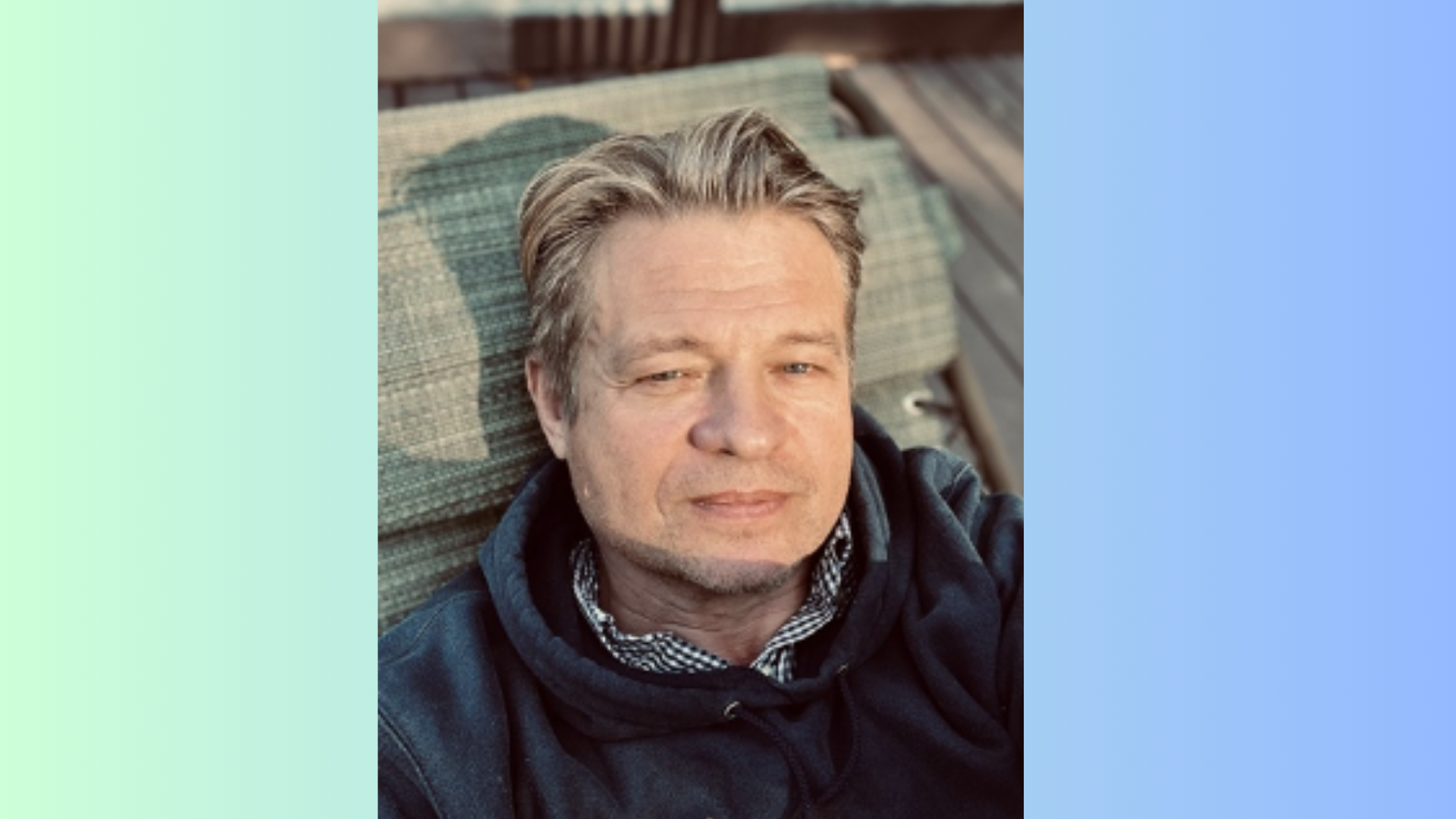Faculty Profile: A Conversation With Professor Konstantin Lyavdansky

Professor Konstantin Lyavdansky says his initial desire for learning about other countries converted into willingness to share about his own.
"What better way to share about your own country than to teach the language and history and literature of that country?" said Prof. Lyavdansky, a University of Scranton adjunct faculty member in the World Languages and Cultures Department since 1993.
In his hometown of St. Petersburg, Russia, Lyavdansky, whose native language is Russian, first started learning English in elementary school. He said he became more serious about language once he entered St. Petersburg State University, where he majored in languages and philology.
"I wanted to know about other countries and how people live in different parts of the world. English seemed to be the most common at the time."
This semester, his courses include Intensive Russian, Introduction to Russian Literature, and Russian Culture and History.
Prof. Lyavdansky offers advice to students attempting to learn a language, shares his favorite course to teach and explains his role as a global officer.
What has been one of your favorite experiences teaching at Scranton?
"Communicating with students has been my favorite. They are bright, full of great ideas, and genuinely interested in learning."
What advice would you give a student trying to learn another language?
"Be serious. Learn a little every day and try to communicate from the beginning. Also try to watch news, movies, in the target language, and be positive about it."
Which course has been your favorite to teach and why?
"I like intensive Russian because at the end of the course I can see the progress and how students who come in with little knowledge emerge with the ability to communicate.
"What has been the most rewarding aspect of work in the World Language Department?
"One of them is teaching the students and meeting the Fulbright Teaching Assistants from all over the world. I also like the flexibility of my schedule and hours which makes a great work life balance."
Do you have any projects you’re currently working on and/ or any future projects you wish to work on?
"I work with the Commonwealth of PA in “Project GO.” GO means global officer, where I teach an intensive crash course of Russian to ROTC students from all over the country at Bloomsburg University."






